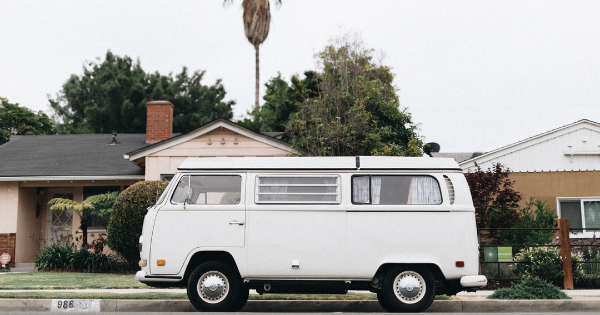It’s one thing to get a car. It’s another matter entirely to invest in a classic car. Classic cars are more often owned by collectors than they are the average vehicle owner, and they have a specific appeal to car enthusiasts and those who want to financially invest in automobiles. While 6 million cars are sold every year in the United States, relatively few of them are classic cars. This is in part because many cars break down and are destroyed before they reach classic status, and in part because classic cars in collectible condition don’t often go up for sale. But when they do, buyers need to take their purchases seriously.
While new cars typically begin losing value as soon as they are sold, collectors’ items are entirely different matters. A classic car, if it’s considered a prized model and is in great condition, could potentially accumulate or at least retain its value over time if it’s well-maintained. This is why these cars need to be protected through not only typical car insurance, but classic car insurance that is meant for unique vehicles. But what does that mean? Let’s explore the concept below.
What Makes a Car Classic?
So, what is the difference between a typical vehicle and a classic car? Aren’t classic cars just old cars? Not quite. The exact definition of what makes a car classic varies, but generally speaking all classic cars at least 20 to 25 years old. Normally, the car will have some kind of unique feature that makes it historically interesting to car enthusiasts. This is why the car would be considered worth preserving or restoring rather than scrapping, and why it would need classic car insurance.
There are organizations that owners can refer to, like the Classic Car Club of America, that offer lists specifying different models of cars that have been designated as classic according to their standards. Classic cars, according to those standards, can be American or foreign built and must have been produced between 1915 and 1948. For cars produced after World War II, the definition of classic becomes a bit more difficult to navigate, but these cars can certainly be extremely valuable and collectible. Therefore, it’s a good idea to visit an insurance center to explore insurance options.
What Is Classic and Collector Car Insurance?
Classic car insurance differs from regular car insurance in a few significant ways, but at its basis, it also offers the same benefits that you would receive from standard car insurance obtained from an insurance agency. All vehicles in the United States must be insured with policies that meet minimum standards according to the state in which the car is registered. The reason why classic cars need additional insurance is that they often require more specialized and complex repairs if they are damaged, and they are more at risk of being stolen or vandalized than typical vehicles.
Classic car insurance will usually cover standard liability issues as well as collisions. It will also offer comprehensive coverage and the coverage of medical payments, typically. But if the car is completely lost, this form of insurance will also pay out the agreed or guaranteed replacement cost. Conversely, typical vehicle insurance will pay out the actual cash value of the vehicle, which is usually its depreciated value.
What Else Should I Know About Classic Car Insurance?
Usually, there are limitations that come with classic car insurance, which is why you should work with an agency to navigate the policy that is right for you. Most classic car insurance policies require owners to limit their use of the vehicles, as the more an older car is used the more likely it is to break down. Some will restrict the vehicle’s travel abilities. They also will typically require that the car is stored in a locked garage or storage unit. These policies are often not available to drivers with serious offenses on their records.
There is much for classic car owners to worry about, but the right policy can help abate those concerns and ensure the safety of their vehicles. If you’re interested in collecting cars, speak with a professional at an insurance center to ensure that you’re choosing a policy that works for you.









